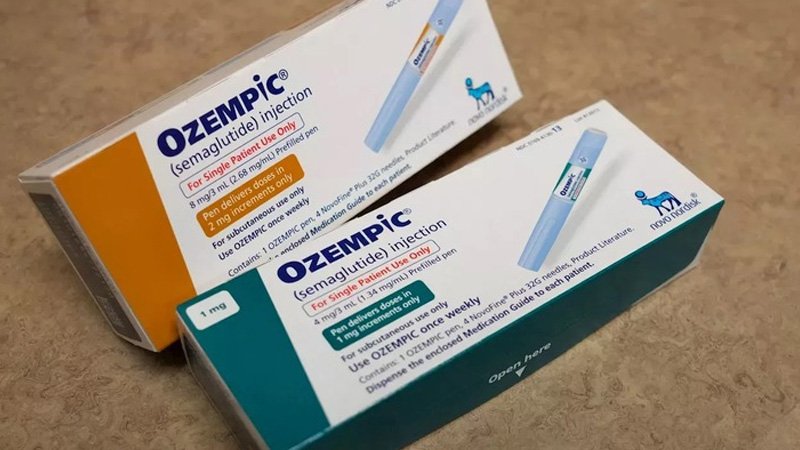
Shutterstock
Glucagon-like peptide-1 (GLP-1) agonists, known for their weight-loss and type 2 diabetes treatments, have garnered attention not only for their effectiveness but also for some concerning side effects. One such issue, often overlooked, is their potential impact on vaginal health, particularly in women. The drugs, including semaglutide (marketed as Ozempic and Wegovy) and tripeptide (sold as Mounjaro and Zepbound), are widely used for chronic weight management and diabetes treatment. However, patients have raised concerns about various side effects, with some women experiencing unusual vaginal dryness and discomfort.
Melanie Bone, MD, a certified physician in Obstetrics & Gynecology and medical director at Daye, spoke to Newsweek about the overlooked effects of GLP-1 receptor agonists on vaginal health. She explained, “The changes in diet and gut microbiome associated with these medications may also indirectly impact the vaginal microbiome due to the gut-vagina axis.” Additionally, she noted that side effects such as nausea, vomiting, and diarrhea from these medications can lead to dehydration, exacerbating issues like vaginal dryness.
While Novo Nordisk, the manufacturer of Ozempic, stated that vaginal dryness is not listed as a side effect in the product’s summaries of characteristics, they acknowledged that no studies have been conducted on the impact of semaglutide on vaginal health. In a statement to Best Life, the company emphasized that Ozempic is primarily approved for type 2 diabetes treatment, with Wegovy approved for weight management and cardiovascular risk reduction.
Beyond vaginal dryness, patients on platforms like Reddit have voiced concerns about other issues such as bacterial vaginosis, yeast infections, urinary tract infections (UTIs), and unusual odors. Some individuals reported needing to stop their prescriptions due to these problems, while others experienced their first UTIs in years. However, some suggested that these complications might be linked to diet changes or low iron levels caused by the medication.
To mitigate these concerns, Bone recommended staying well-hydrated, using vaginal probiotics, and considering vaginal moisturizers if dryness occurs. She stressed the importance of paying attention to changes in vaginal discharge or odor, as they could signal shifts in the vaginal microbiome and possible infections. “It’s crucial for women and assigned female at birth (AFAB) individuals to discuss any vaginal health concerns with their healthcare provider while using GLP-1 agonists,” Bone said, highlighting the importance of open communication for better management and health outcomes.


